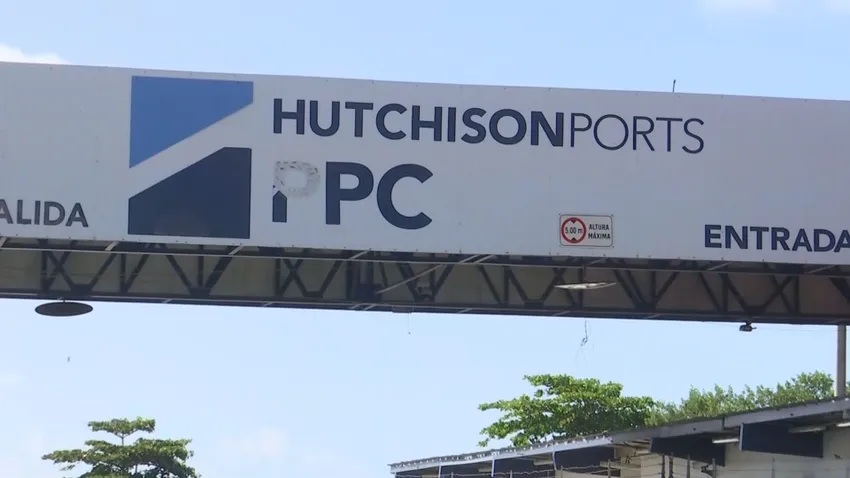José Raúl Mulino Claims an Abuse of Panama Funds by ETESA

President Mulino has a problem with ETESA and his observations and opinions have been applauded throughout the country but he may be ‘between a rock and a hard place’. Words like ‘immoral’ and ‘an abuse of the Nation’s funds’ have been spoken publicly. ETESA is Panama’s electricity transmission company, wholly-owned by the Government of Panama. The company is trying to justify extremely high employee exit payments when they leave office June 30, attempting to use ‘mutual agreements’ stating that their compensation is protected by law as in previous administrations.
Last Friday, June 21, Mulino looking at these ‘mutual agreements’, stated that they represent nothing other than an abuse of the Nation’s funds. I request that the Comptroller not pay these or other such formulas.” The large settlements that the Electric Transmission Company S.A. (ETESA) intends to pay to high-profile officials, have failed to generate good sentiments in most sectors of Panama society. The people view with disbelief the amount of money that would be paid to these officials when they leave office, and which many people have described as ‘immoral’.
One of the people who have spoken out most against this situation is the president-elect himself, José Raúl Mulino, who is totally opposed to the delivery of these settlements and who has repeatedly asked the comptroller Gerardo Solís not to endorse the payments. The Government positions for a period of 5 years for officials, ends on June 30 just prior to President Mulino taking office July 1st. Over the weekend the information was released that not only the General Manager of ETESA, Carlos Manuel Mosquera Castillo would be receiving an overly large settlement, but other high-profile officials would also be doing so. The total sum would amount to nearly one million dollars in compensation, something that was described as ‘a robbery’ by the future president.
Augusto Berrocal, legal advisor of the National Federation of Associations and Organizations of Public Employees (FENASEP), stated that the compensation that has arisen from the ‘mutual agreements’ that have been agreed for the benefit of members of the Company’s board of directors of ETESA, are out of place and are partly due to the poor way in which public affairs were being administered. “We do not understand why the Panamanian State accepts these types of situations, when it is not the right thing to do. In law, compensation is never discussed in a mutual agreement negotiation.
ETESA defends itself: ETESA issued a statement clarifying that the compensation approved for its general manager, deputy manager and several of its directors are covered by law, alleging that they were authorized by the Board of Directors. ETESA defended the million-dollar mutual agreements, stating that the company’s workers “have the right” to sign them as has been done in previous administrations.





